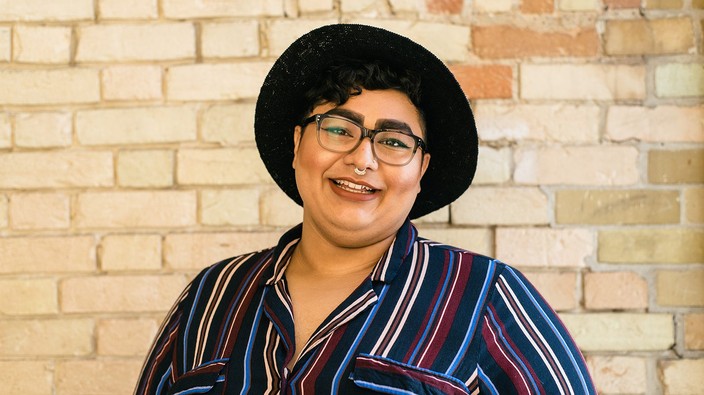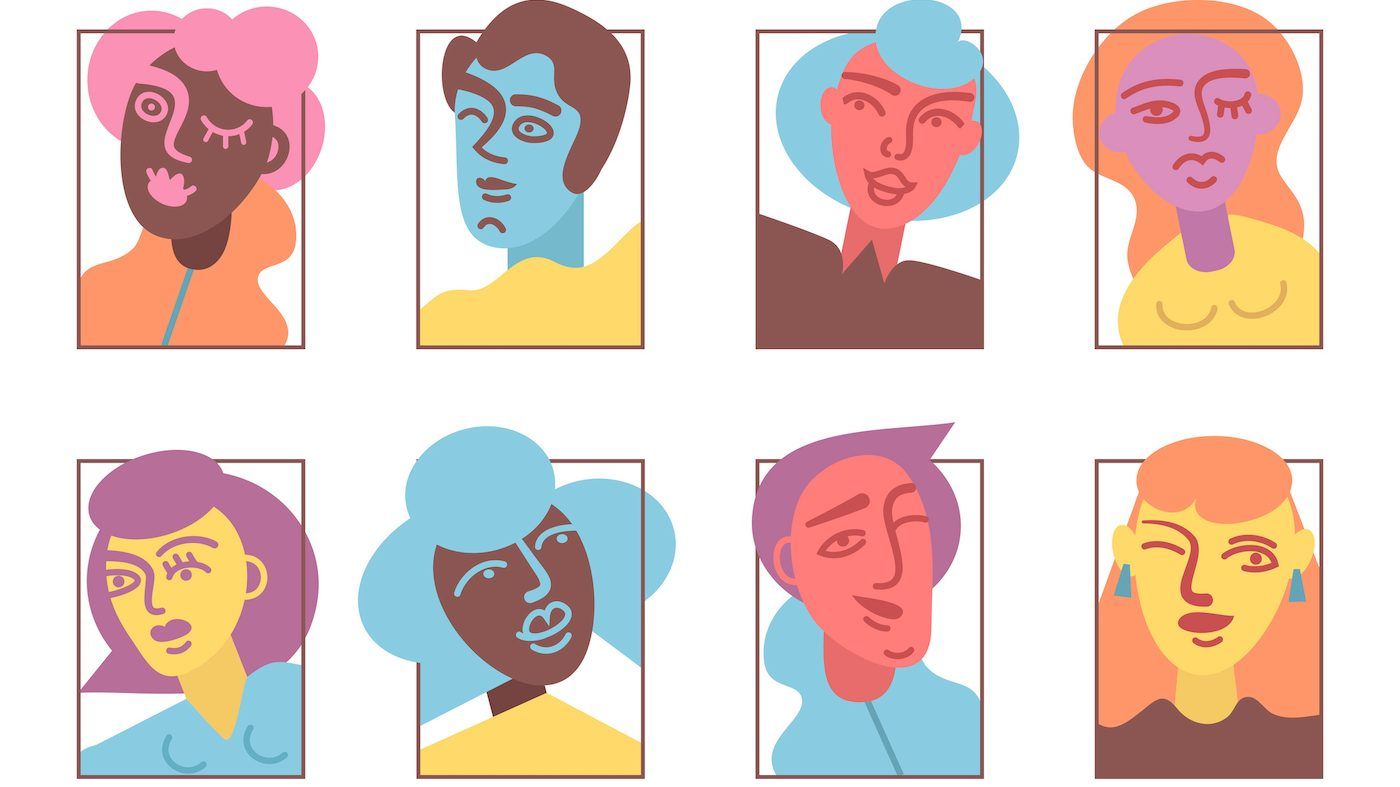once garcia arrived at the hospital, and after being assessed by psychiatric services, they met the resident doctor, who surmised what had happened and offered up an apology.
‘you are the expert of your own illness, your healing, your trauma’
it was a reminder, says garcia now, that “you are the expert of your own illness, your healing journey, your trauma,” and that the canadian health-care system can sometimes be “a violent place where you have no rights, no privileges, and no say in what happens next, where police act as psychiatrists in blue to make a community seem deviant and outcast.”
the anti-violence advocate is referring to the 2slgbtqqia+ (two-spirit, indigiqueer, lesbian, gay, bisexual, trans, queer, questioning, intersex, asexual, and other sexually and gender-diverse people) community, which has long had limited access to health care in canada, and an even lower degree of trust when it comes to its health-care workers. that, of course, has had dire consequences, particularly highlighted during the covid-19 pandemic, when gender-affirming care was labelled “nonessential.”
julia chronopoulos, an assistant clinical professor at the university of alberta and clinical lead for the
rainbow clinic at macewan university health centre, says the situation is more severe than many realize, with access to care for the trans community being “inconsistent to nonexistent.”
 8 minute read
8 minute read







